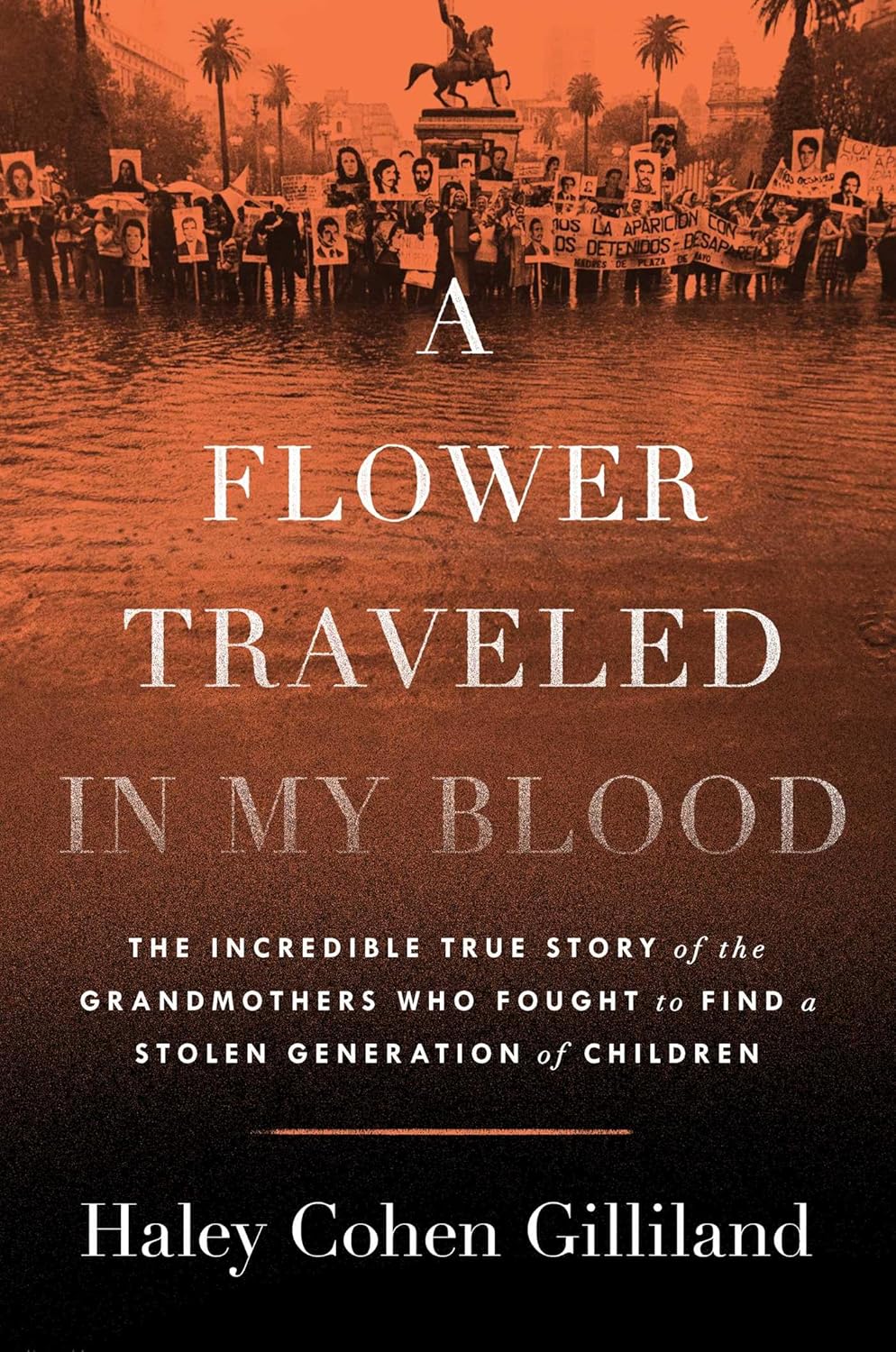What do you think?
Rate this book


512 pages, Hardcover
First published July 15, 2025
Argentina itself has long been viewed as a case study in the classic frictions that afflict such processes of reckoning. From Alfonsín’s amnesty laws and Menem’s pardons to the Kirchner-era annulment of those initiatives, the country has seesawed between the opposing impulses of reconciliation and justice, between the drive to forget and the obligation to remember.(328)
The scandal crystallized the difficult questions that had long surrounded the Abuelas’ work. To whom does identity belong? Is it the sole property of an individual—or does their family and their society also have a right to truth? If someone’s identity is falsified—as in the case of the Abuelas’ grandchildren—can society force truth on someone who doesn’t want to know it?” (295)